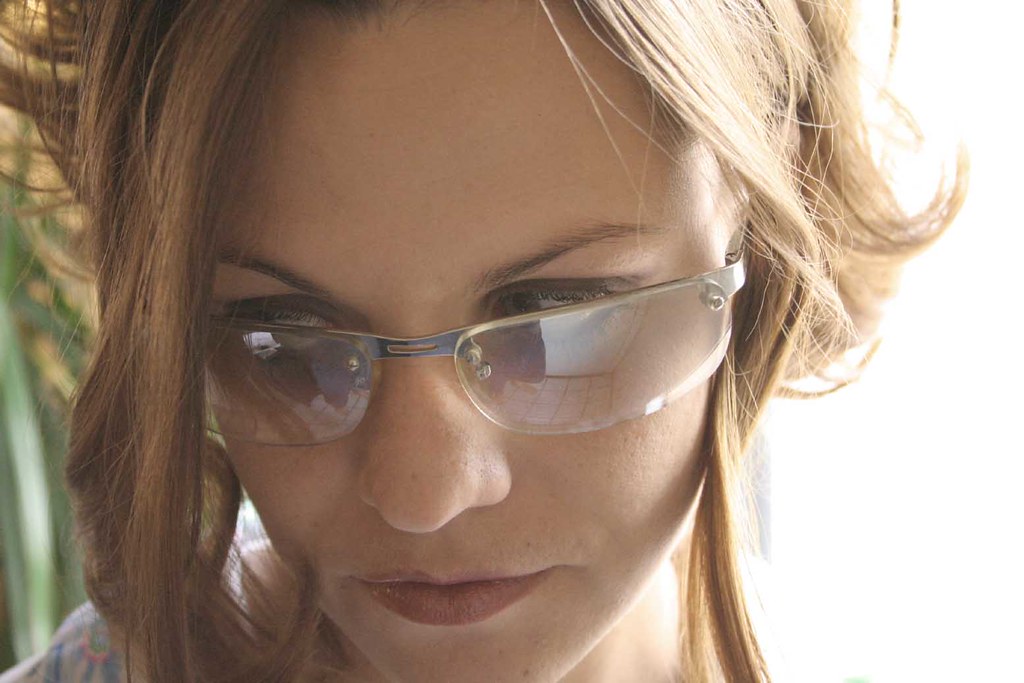My journey with math has traversed a richly textured landscape of emotion: from the highest highs of discovery to the lowest lows of invention… I struggle with the question: "if we make up math as we go to fit the conditional desirability of the result, is the coincidence of getting that result elegant?" Today, I feel like the roller coaster has swept me up into the mysterious beauty of the world of math once again. The answer today is "Of course the result is elegant! It reflects the beautiful world we are desperately trying to describe – and so, our approximation of this world lends beauty to the math world." It is not pure invention, in the sense that we define math to reflect the actual world we live in. I am reading "The Math Gene" by Keith Devlin. I am finding it to be inspiring, motivational, and recommend it as a simple read for anyone who doesn’t like or feels they don’t have an aptitude for math. It makes the relevancy of all the arbitrary notions of math apparent.
I like what Devlin says about the invention/discovery debate. He points out the fact that two people on different sides of the planet can come up with basically the same idea in much the same way at roughly the same time... If Shakespeare had not lived, no one else could have written "Hamlet." But, it is likely that eventually we would end up with the same mathematical ideas regardless of Euclid or any other "great inventor."
I wish I had read it prior to taking "Math Structures." Because, I didn’t know what I was supposed to be learning until the end of the class when I "figured out" what math was (and how it has nothing in particular to do with manipulating numbers and notation at all.)
Subscribe to:
Post Comments (Atom)





No comments:
Post a Comment